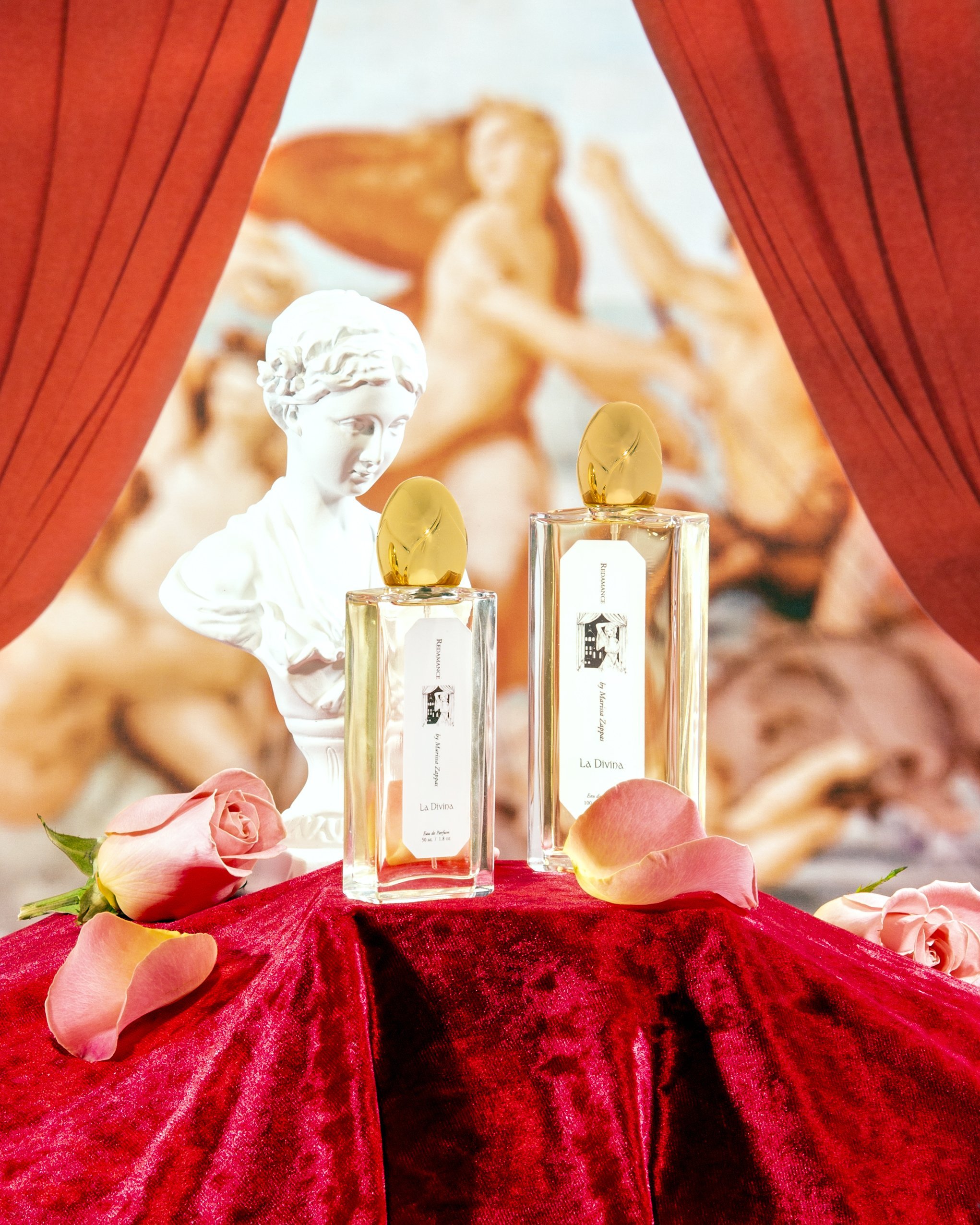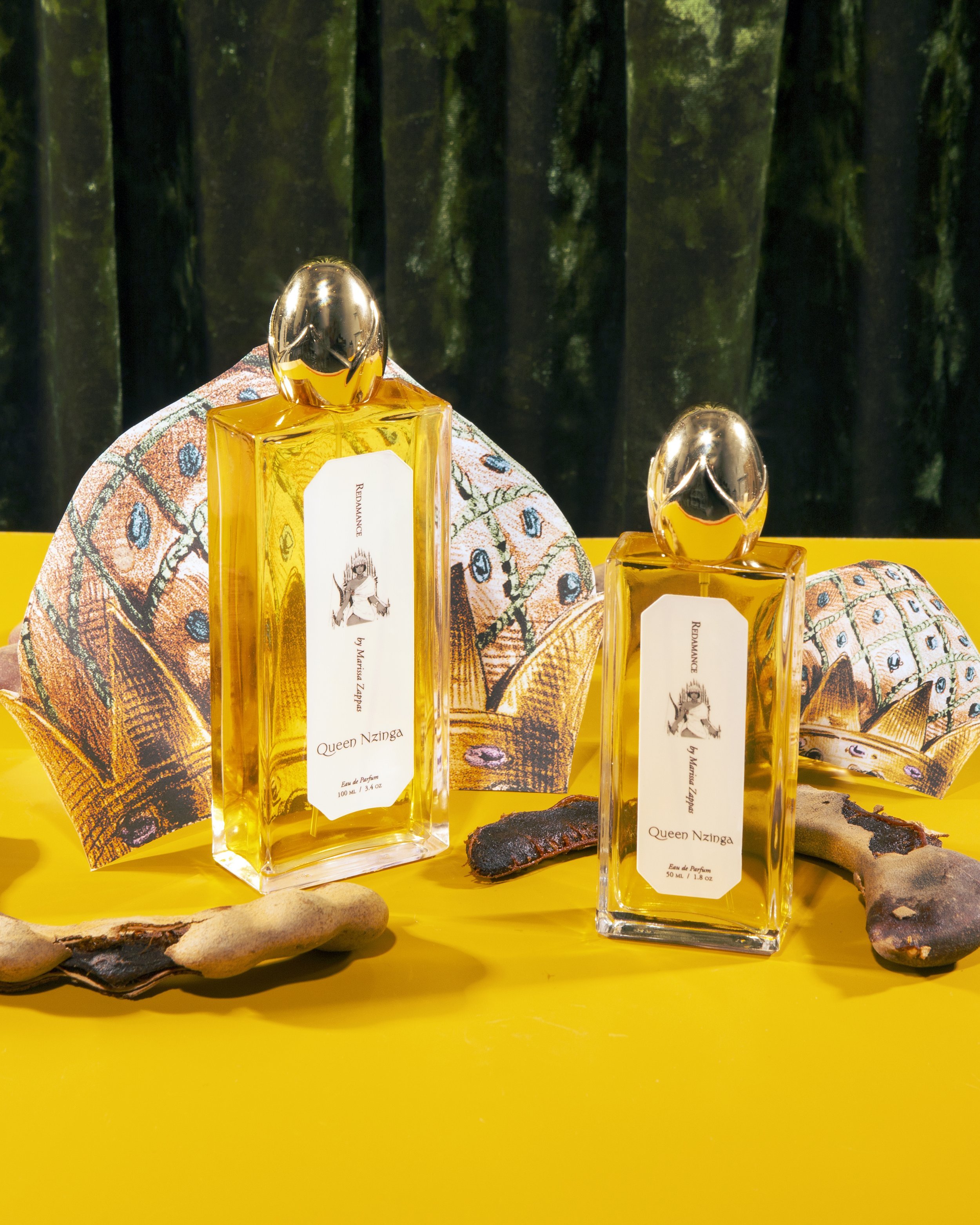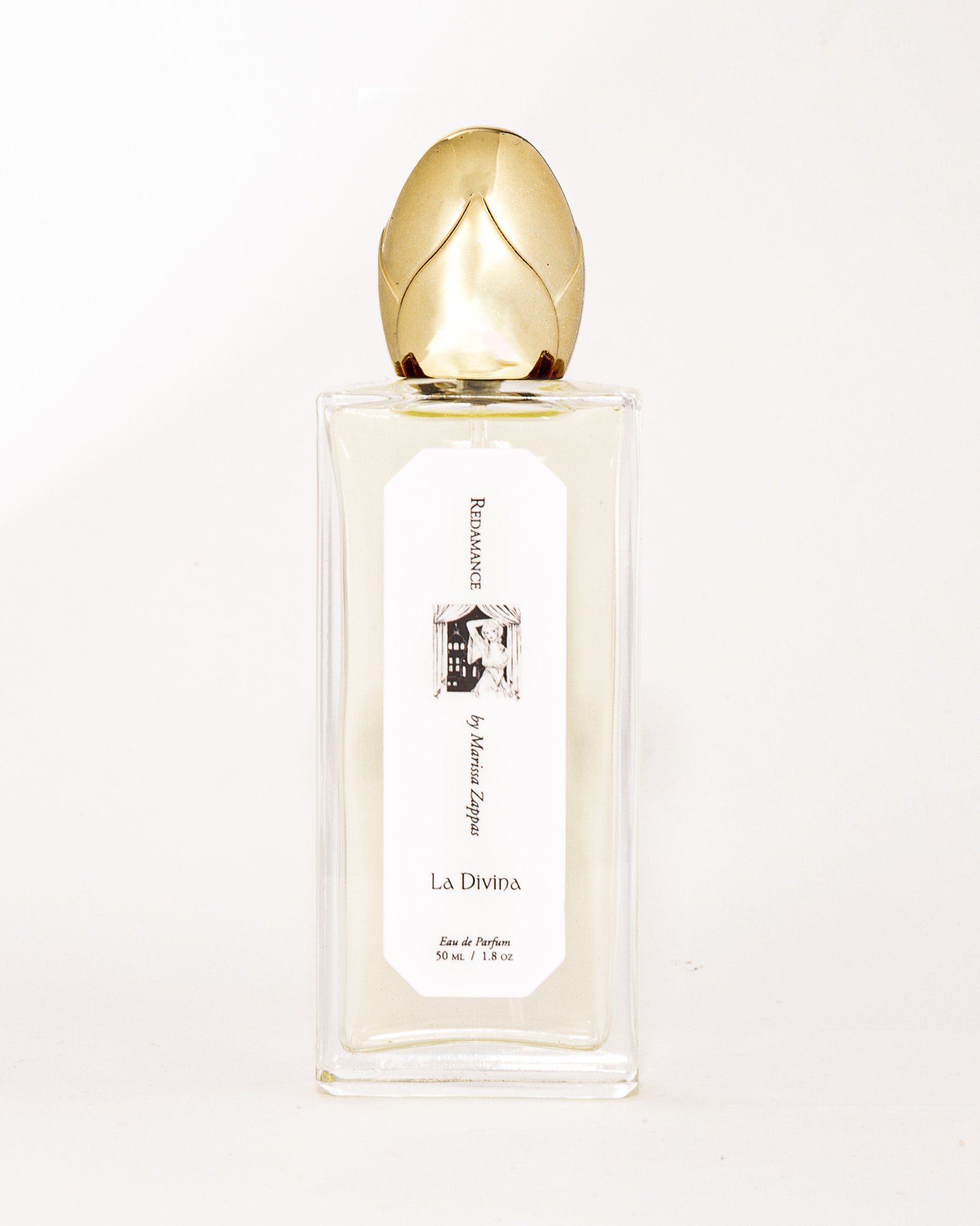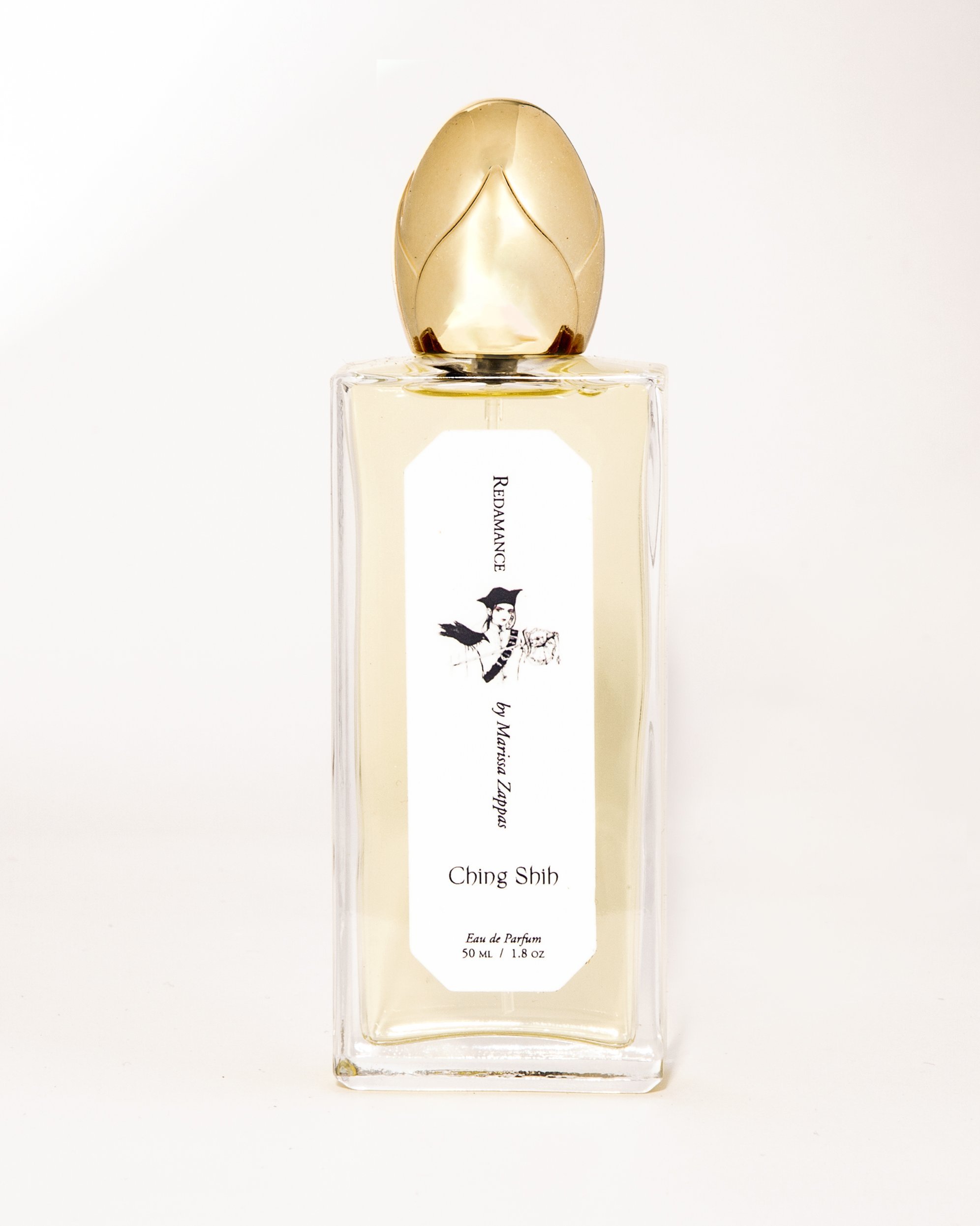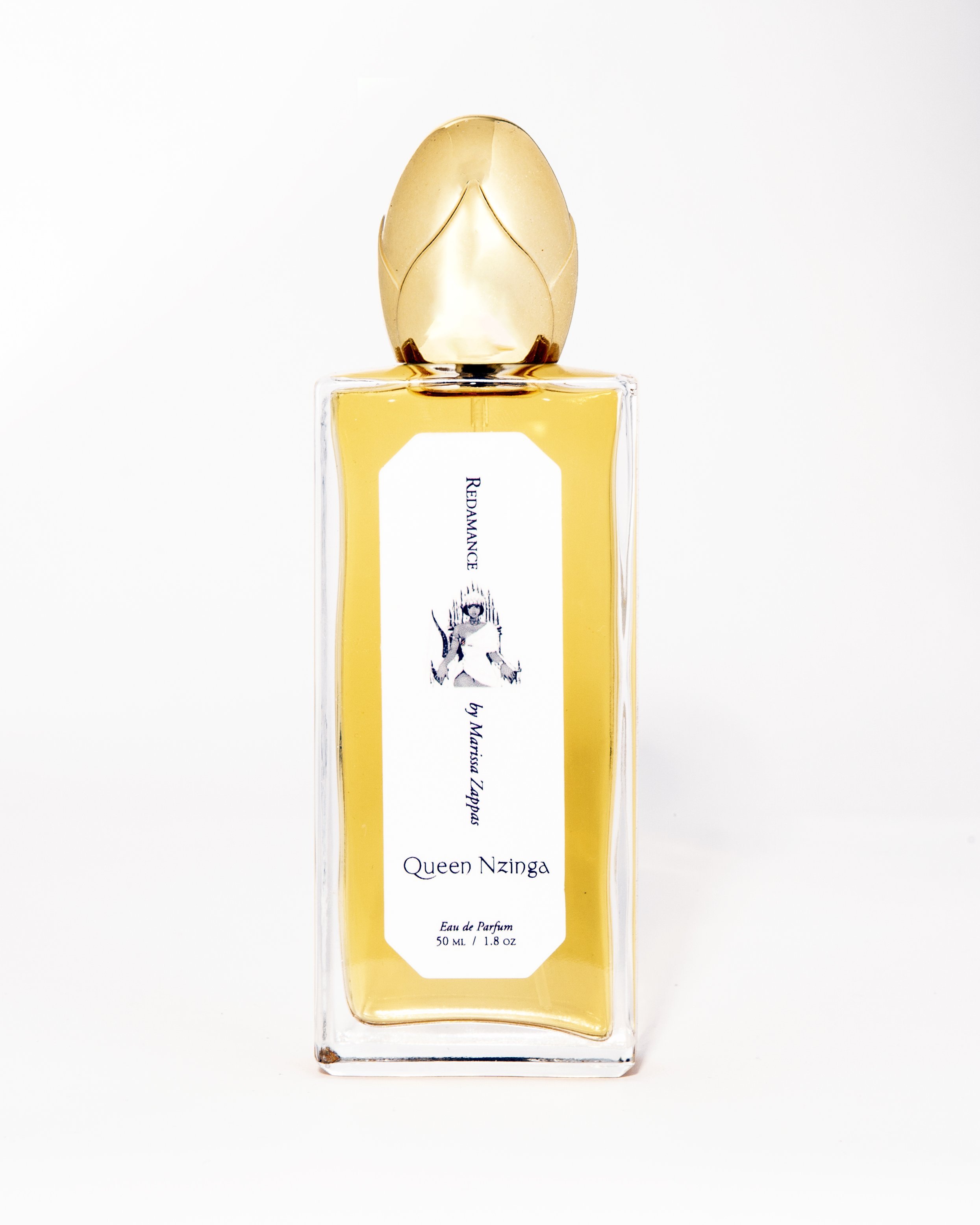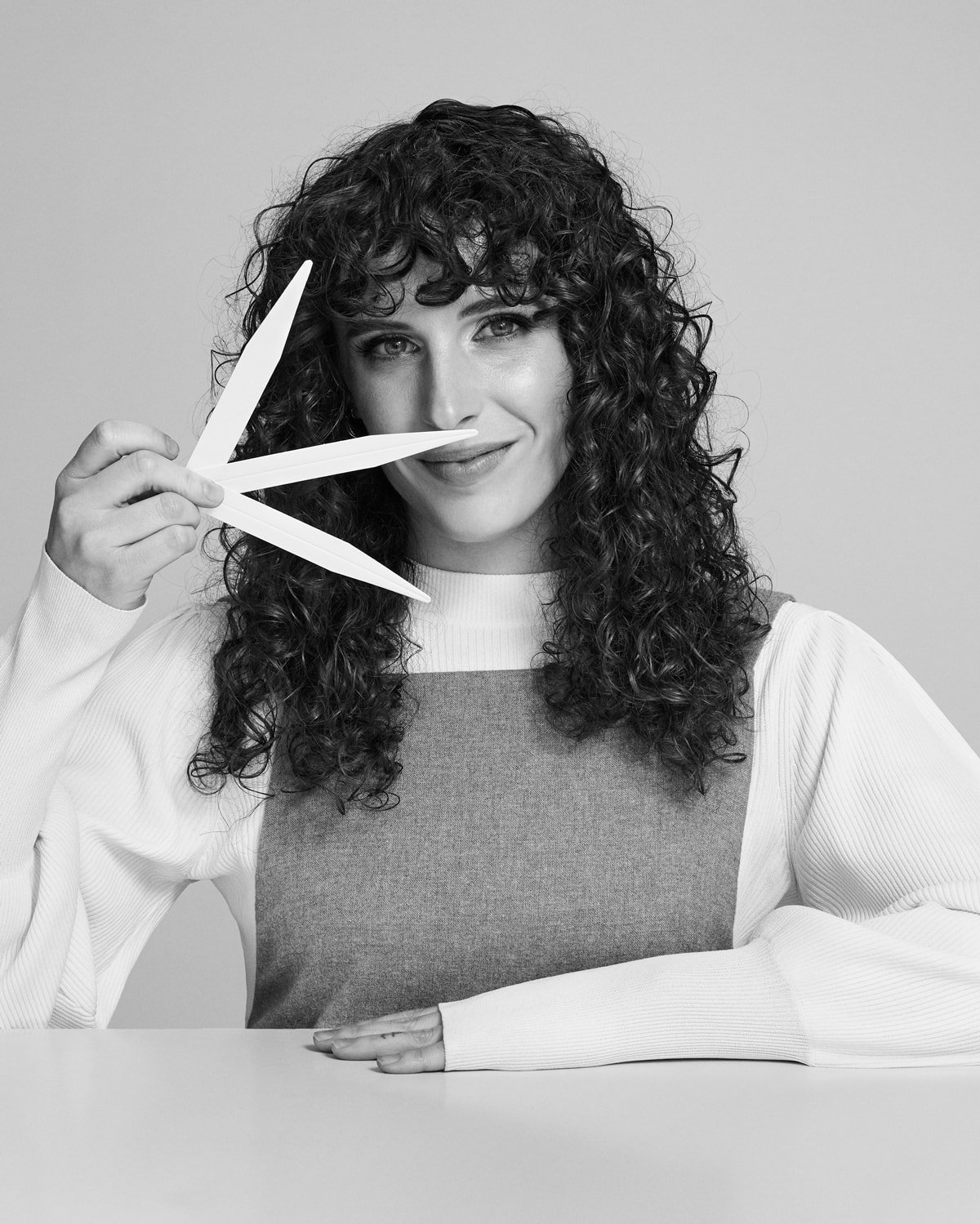Solace Through Beauty
Solace Through Beauty
Perfumer Marissa Zappas on the inspiration behind her craft.
Marissa Zappas is a perfumer, scent designer, and poet based in New York City. Her approach to perfumery merges her background in anthropology with her admiration for avant-garde perfumes of the early twentieth century. Her fragrances are often personal and she is known for her collaborations with New York City artists. Her ethereal and deeply nostalgic perfumes blend the fantasy and the real with the gothic and the modern.
Marissa believes creating and wearing perfume is a way of invoking future (as well as present and past) selves. Her academic work explores the history of perfumery as it relates to attitudes towards death and the history of cemetery construction. While completing her MA and ethnographic training, Marissa worked at Givaudan. There, she decided to dive fully into the art of perfumery and became an apprentice to Master Perfumer, Olivier Gillotin. She learned perfumery under his mentorship until 2017, when she left to start freelancing. She lives in New York.
When did you realize you wanted to become a perfumer, and how did you learn your craft?
I realized I wanted to be a perfumer when the opportunity presented itself to me as I graduated college and started working at a large international fragrance house, but I do think in a way I’ve known my entire life. I had a very distinct moment where I realized that without a doubt, this is what I was meant to do in this lifetime. In the United States, the career of a perfumer isn’t one that we grow up learning about, unlike in Europe. I’m also a poet and recently found some poetry from when I was eleven years old and was blown away by how most of it was about smell. So it has always been in me in this way, and I’m just so lucky to have made it my life’s work.
How does your experience as a poet with a background in anthropology inform your aesthetic and creative process?
I’m very concerned with subjects, feelings and ideas that are difficult to put words to. My work is at the crux of language and sensory experience.
How do you begin to create a fragrance, and what sources of inspiration do you draw from throughout this process?
Clients typically provide the ideas for fragrances, which I appreciate. If I made whatever I wanted I’d probably make exclusively old fashioned florals, which I’m told, the people don’t really want…but inspiration can come from anywhere. Sometimes the idea is translated literally. For example, if the client wants a purple scent I might add something like grape, but then I also might understand that purple is a royal color and give it a golden amber base. So it really depends.
The Redamance Collection
You state you believe that perfume has the ability to invoke future, past and present selves—can you expand on this?
Perfume often comes into people’s lives in moments of transition and can be used as a sort of manifestation tool - “this smell embodies who I wish to become” and so on. But it can also be used to remember one’s past during times of loss and grief. Also, for grounding in the present moment.
You also have explored the role of perfume within the context of death and cemetery construction—what role does perfume play in this process historically, and how is your work informed and inspired by this?
Perfumery - the concept of oil mixed with ethanol (alcohol) - came about just prior to the French revolution, when fragrance was used to mask the foul odors of death. It was part of what was known as, “the project of deodorization.” It coincided with a shift in cemeteries being built in the center of cosmopolitan cities to the outskirts. So there is this history of how fragrance came to be, which was more practical. Additionally, I think perfume is frequently worn necromantically; I had a client once ask me to recreate the smell of her late grandmother’s hair. We use smell to remember and reconnect. So there are a lot of connections between death and scent and I always remember this when working. It’s definitely a key component of my work and how I think about scent.
What interests you about the fantastic and gothic, and how do you try to integrate these themes with modern, everyday life?
A lot of commercial perfumery today has a very minimalist aesthetic, from the packaging to the linear scents themselves. Industrial, almost. This simply doesn’t interest me, I’m inspired by darker more romantic themes, by vintage Schiaparelli perfumes, maximalism and surrealism.
What do you fundamentally wish to offer people through your fragrances?
Solace through beauty.
— Explore Marissa’s complete collection at: marissazappas.com —



